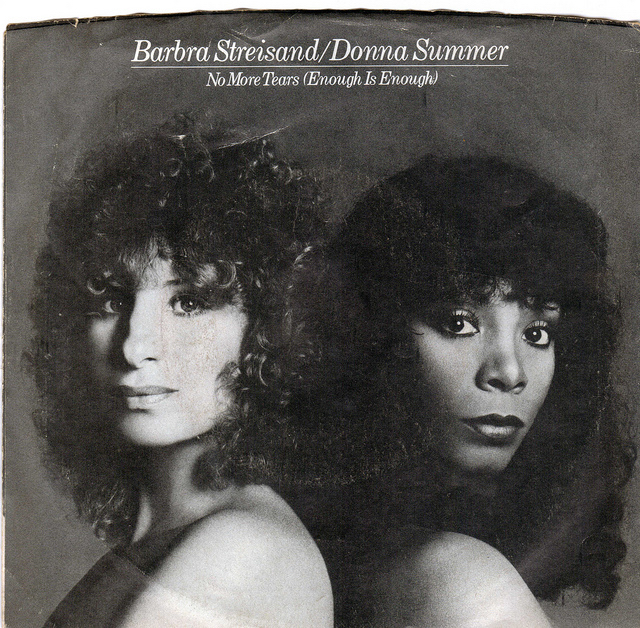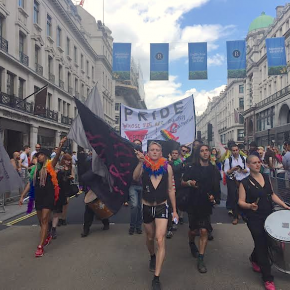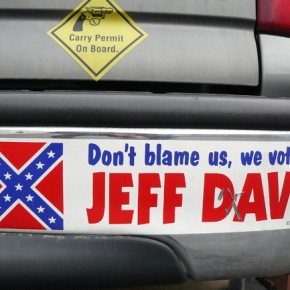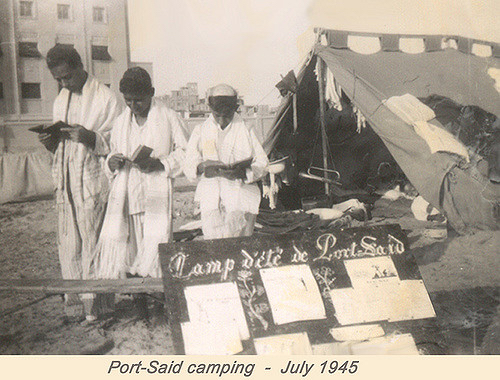I don’t pretend to have answers. Not a single one. All I can do is offer some snapshots from my own life, moments that have made me question my whiteness, moments that have led me to check the “other” box.
Boarding the bus when I was in elementary school: I lived on the edge of a black neighborhood and for the sake of demographics, the school board was bussing children from our side of town to a wealthy, predominately white school on the other side of town—the side of town with lush green lawns and houses with wall-to-wall carpeting and the yards had grass. (My home had hard wood floors. The yard of the duplex that my family shared with a black family had sandy dirt, a few cactuses, and some sad patches of neglected grass).
I was the only white kid to ride this bus to school. When I boarded every morning, I was greeted with taunts. “Hey white girl. Come sit over here!” The child would slide over to the window and pat the open seat next to them. When I approached, they would scoot towards the aisle. There was nowhere for me to sit.
The children who knew me didn’t stand up for me, nor did they call me by name. I had no name on the bus. I was “white girl.” When I could, I sat alone. Most of the time, I ended up sitting with Gisella, the daughter of Honduran immigrants. She didn’t speak English. She had a round white face—her skin was much, much fairer than mine. She had straight black hair and bangs that made a straight line over her large blue eyes.
At school: When I arrived, I was not a “white girl” like the others. My friends who saw what bus I came in on asked me why I rode the “black bus.” They wondered why, when we went through the lunch line, I didn’t have to pay like they did. What was this list my name was on? The list the lunch ladies checked when the black kids—the ones I rode the bus with—and I came through?
(And what was this strange pendant I wore from my neck? The חי. The one that looks like a little dog. “It’s a chai,” I said, choking on the chet).
Most of my friends were not allowed to visit me at my home on the weekends. Was it because of where I lived? Or because we were poor? Or both?
I remember spending the night at a wealthy classmate’s home. We were in the fourth grade. Her dad was an engineer. While we were playing in her room, she asked me, “What does your father do?”

Before I even answered, I knew that my answer was “wrong.” So I tried to talk my way around it. “Well, he likes to clean,” I began, not wanting to admit that my dad—who, was technically, my step-dad—was a janitor.
“What does that mean?” my classmate pushed. “What’s his job?”
I hesitated. At the time, my dad had hopes of becoming a professional runner. When he wasn’t working, he was training. I seized on this. “He runs. He runs and he cleans.”
But my classmate wanted to know how my dad made his money. Eventually, I admitted that he was, indeed, a janitor. While we remained friends at school, I was never invited over again.
How would my classmate and her family have reacted if I’d told them the whole truth? That my mother had divorced my biological father when I was two; that he was an alcoholic and a drug addict; that he would eventually become homeless. What if I’d told her about my mother’s depression and OCD? None of my upper-middle class friends had problems like mine. They came from stable, two-parent homes where their mothers didn’t have terrifying bouts of screaming and weeping that left them worrying that she would commit suicide.
Evenings: My family couldn’t afford babysitters or expensive classes (who would shuttle me to those, anyways) or after school programs. So I went to the sorority where my father worked, cleaning the house and maintain the massive yard. I sat in the industrial kitchen, with the black women and poor white women who cooked there. I was quiet and obedient and did my homework.

It was usually dark by the time we went home, carrying leftovers in styrofoam boxes. Our dinner.
Summer Vacation: My family couldn’t afford camps. So I spent my days helping him clean the sorority house he worked at. Sometimes I wandered the vast mansion, enjoying the air-conditioning (it was everywhere, even in the bedrooms! We had tiny window unit in the kitchen but, otherwise, no AC) looking at and trying on the vast mountain of clothes the girls had abandoned when they left for the summer. Occasionally, I found candy bars and cookies tucked under the mattresses. Such foods were forbidden in my home (so many rules! No soda, no candy, no cookies, no chips, no ice cream) and I’d show them to Dad.
“Bulimics,” he said, shaking his head, half sad, half bewildered. He’d grown up on a farm where not one scrape of food went to waste. And here were these rich girls vomiting it up.
Weekends: To earn a little more money, we cleaned a travel agency. All three of us—Mom, Dad, and me.
Middle School: We’d scraped together the money to buy a house in a lower-middle class neighborhood. Dad still worked at the sorority and the rich girls were still abandoning their clothes. They seemed to be dumping things all year round. Dad would bring home huge garbage bags and Mom and I would dig through them. I often ended up wearing t-shirts that were emblazoned with the sorority’s name. My classmates would ask me why I was wearing them and where they came from. Experience had taught me not to tell the truth, experience had taught me that being blue collar was worse than lying.
I knew that there was a girl in the sorority who had the same family name as my biological father. So I offered her name up as an explanation for the t-shirts and claimed her as “some sort of cousin.” A distant one.
I hated lying and my mother, with her strict moral code, had taught me that there was no such thing as a white lie. I felt horribly guilty. But I also hated the catch-22: tell the truth and be shunned for being poor. Get caught lying and be shunned as a liar. It was a constant tension.
School Pick-Up: Dad came for me sometimes in his run-down pick-up truck. He wore his janitors one-piece, long-sleeved jumpsuit and his lawn equipment stuck out of the back. The AC didn’t work, of course, so there he was, with the windows down. He didn’t need to call my name. The truck’s engine was so noisy, it announced itself. I dashed over, slunk in, and shut the door. But the latch was messed up so it had to be slammed and I’d have to reopen it (squeak) and bang it closed.
My classmates slid into the cool, air-conditioned sedans driven by their mothers.
There were small, rusty holes in the truck’s floor. I looked down and watched the asphalt as Dad drove away. When it was blurry, I knew we’d gotten far enough away from the school for me to sit up straight and look out the window.
High School: My upper-middle class boyfriend is ashamed of me. He won’t take me home to meet his parents; he doesn’t take me to prom, like the other “white girls.” And then—he finally invites me over. I’m certain I’m going to meet his family, like a normal girl. But, no, his parents are out of town and he wants to get me into bed. After he does, he breaks up with me as he gestures around his parents’ well-appointed foyer. “I mean, just look at where I come from,” he says.
Beginning of Freshman Year: Miracle of miracles, not only have I gotten into the University of Florida, I’ve earned a full scholarship, based on my high school performance and SAT scores. I’ve arrived, I think, one day I’m going to have a house with wall-to-wall carpeting and a foyer and I’ll pick my kids up from school in an air-conditioned car.
I decide to go for the ultimate symbol of middle class life—I rush to join a sorority. When I pass through the house that my father still worked in, some of the older girls recognized me. I was not invited back, of course. I still remember the housemother’s sad admission that it was because I was the janitor’s daughter. “Those girls,” she cast her eyes to the ground and sighed.
No, I don’t belong in a box with former classmates who were forbidden from visiting my house; I don’t belong in a box with people who didn’t want me in their home because I was the janitor’s daughter. I don’t belong in the same box as an ex-boyfriend who felt like poor white women were just toys for his pleasure.
The “white experience” doesn’t speak to me; but I’ve not had the “black experience” either. As a Jew and as a woman who grew up poor, I check “Other.” And when Rachel Dolezal tells Matt Lauer she lied to “survive,” I understand her. She made the wrong decision. But I understand her.
Photographs courtesy of A. Currell, Reut C and Alan Light. Published under a Creative Commons license.





